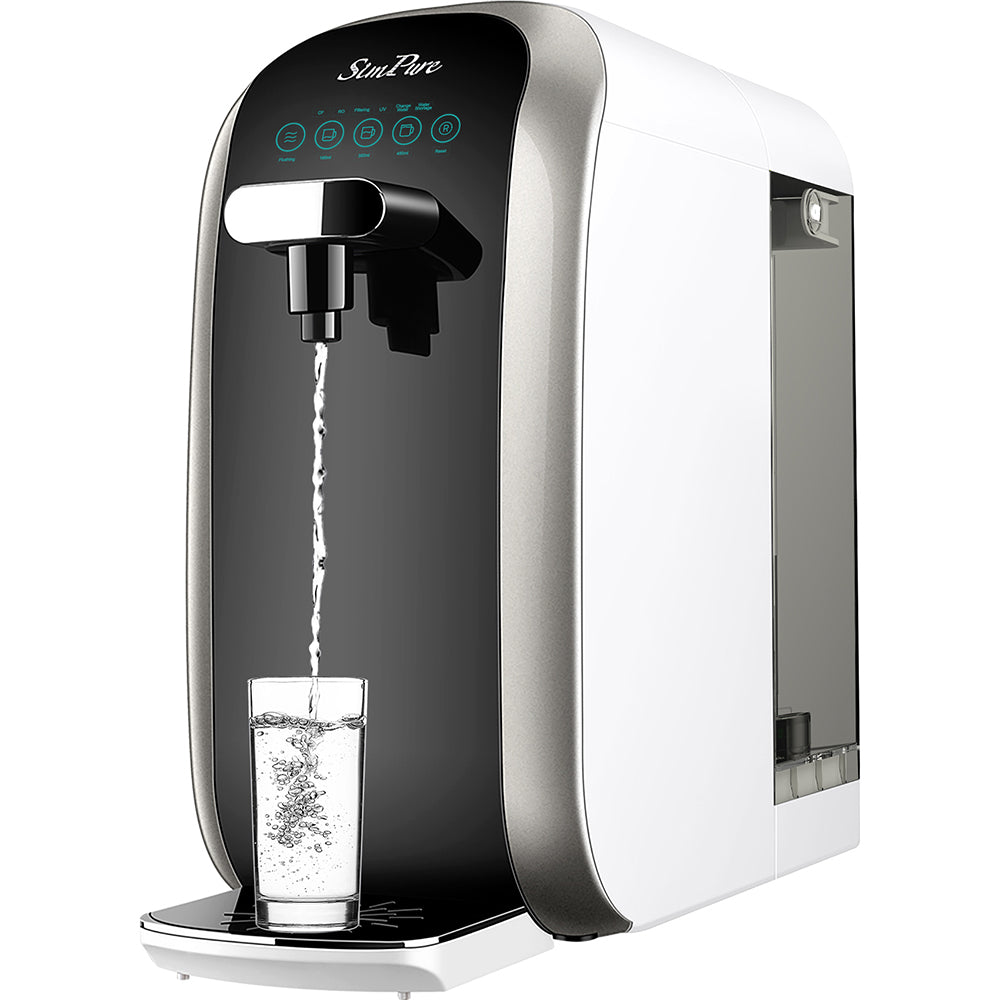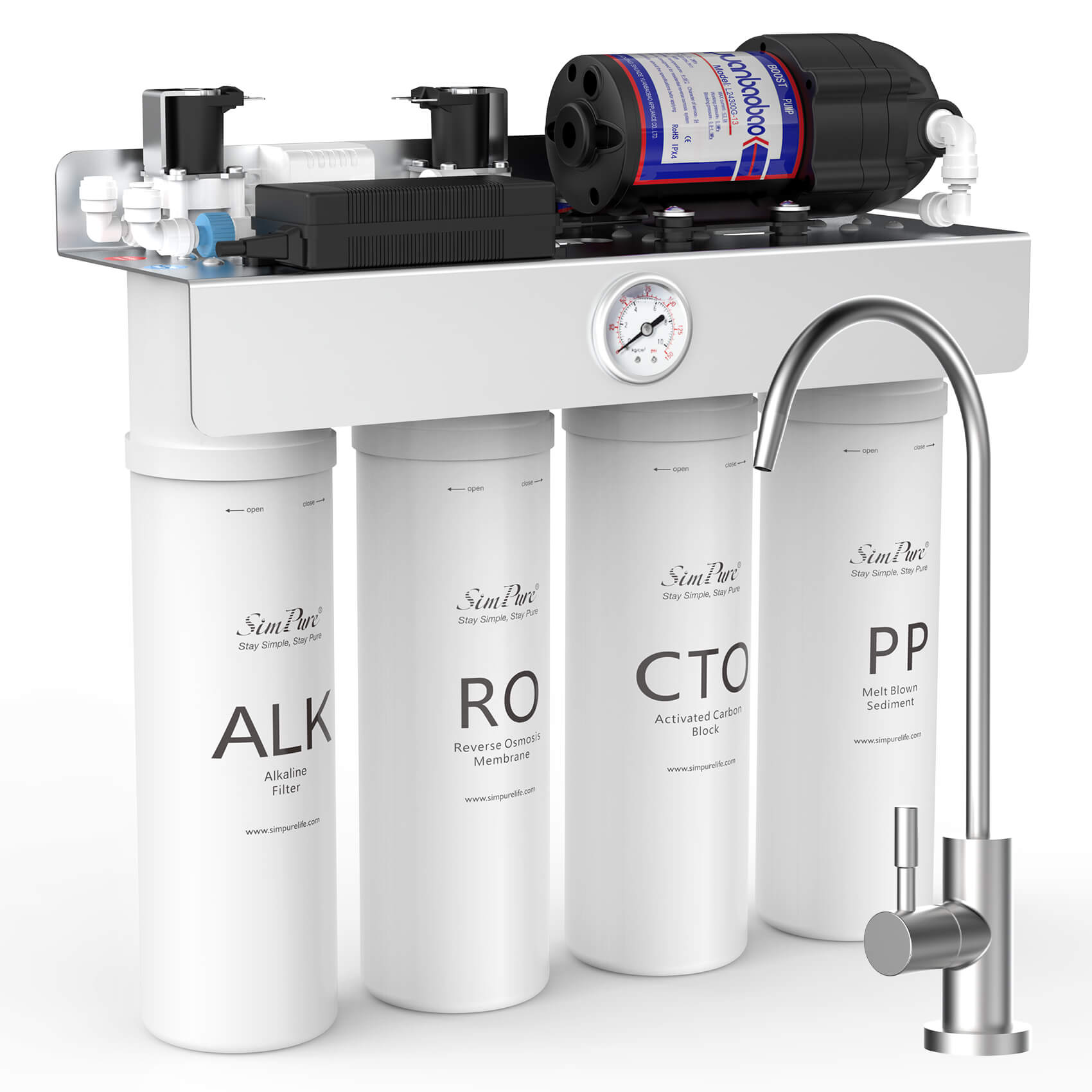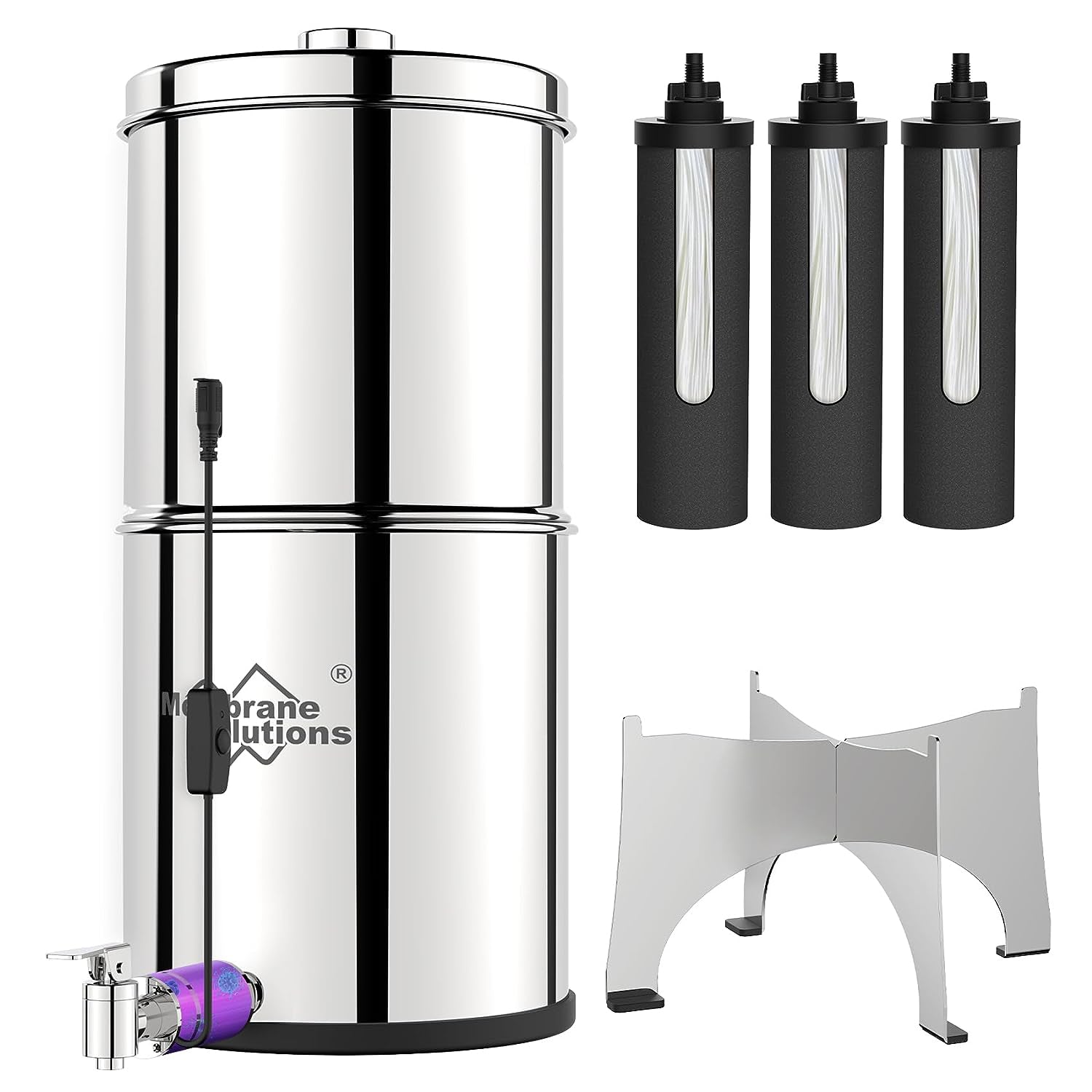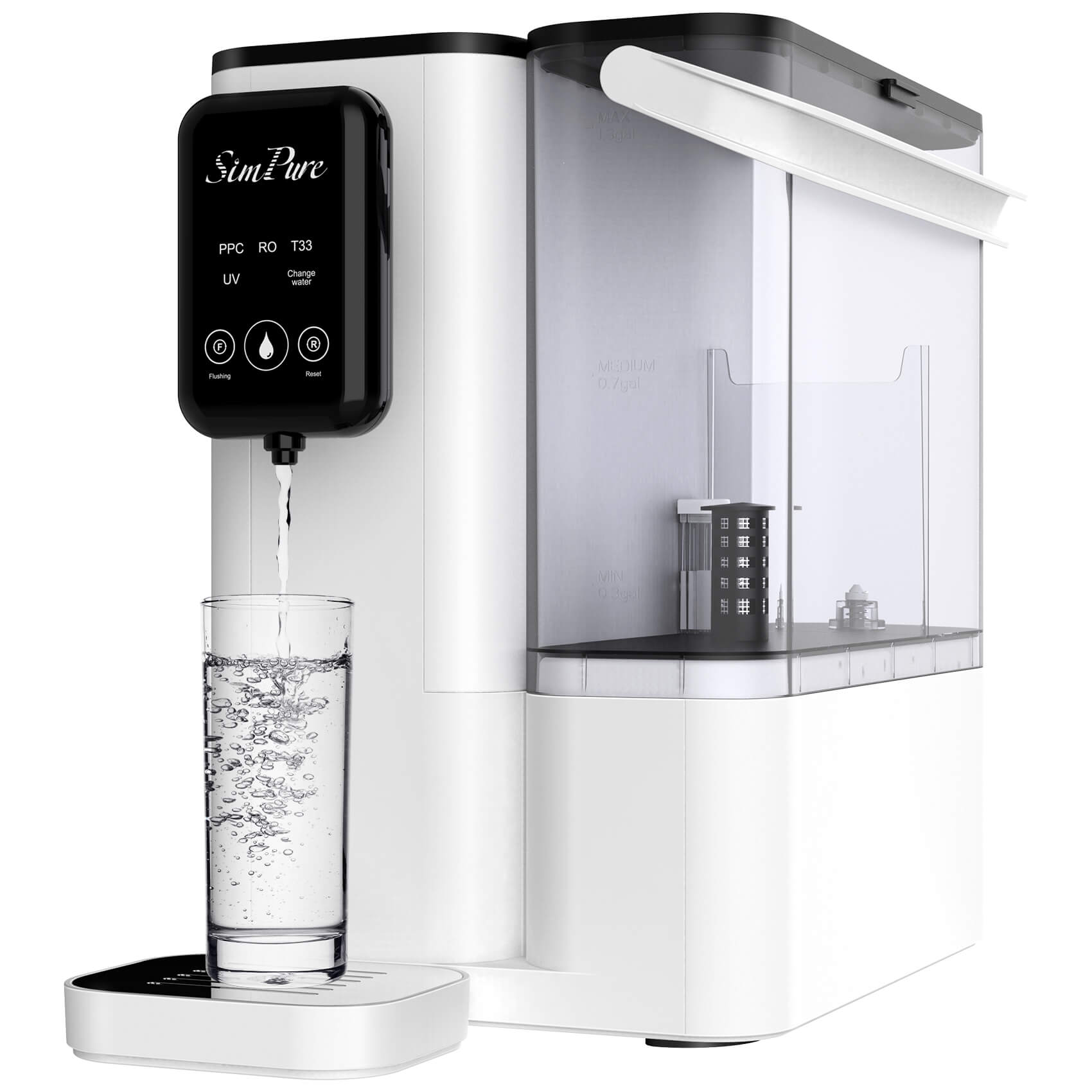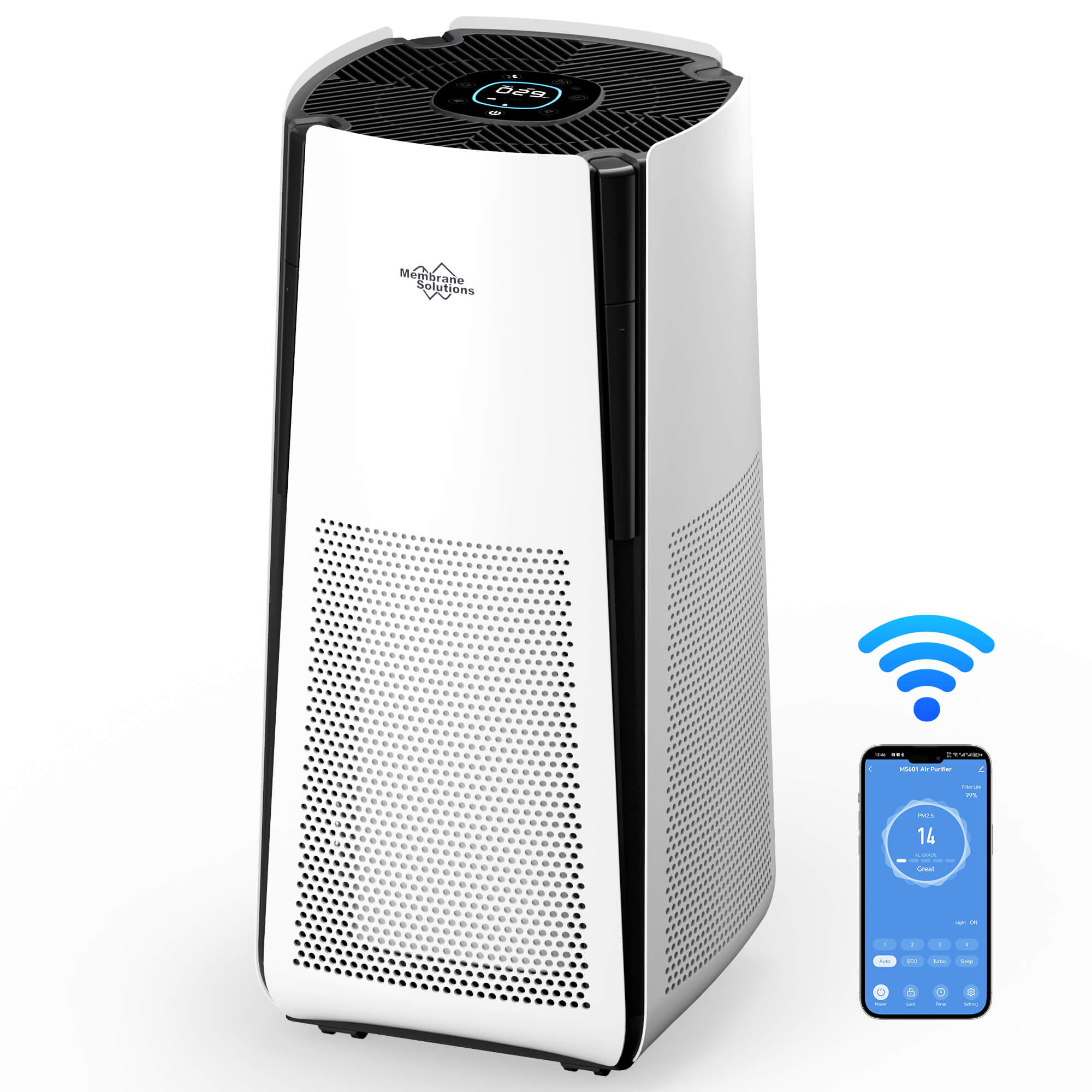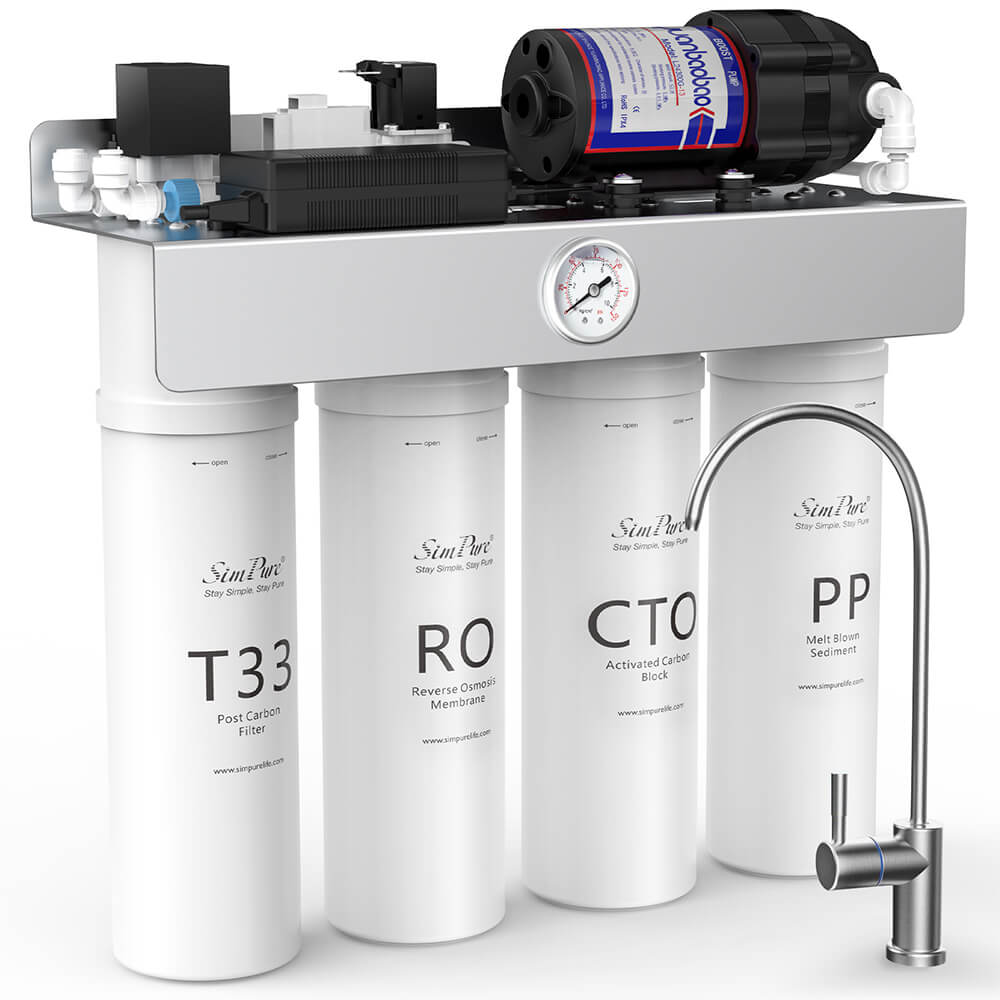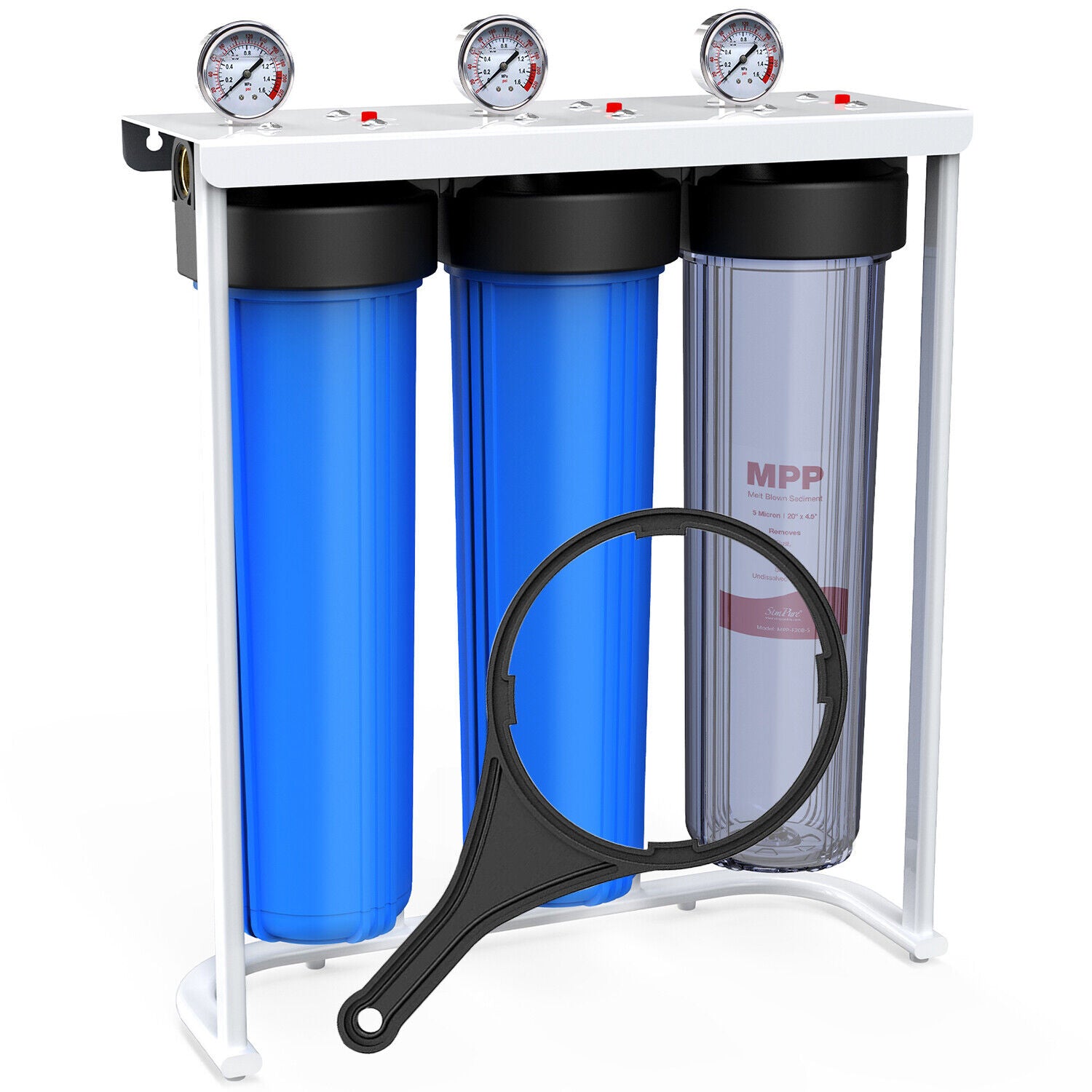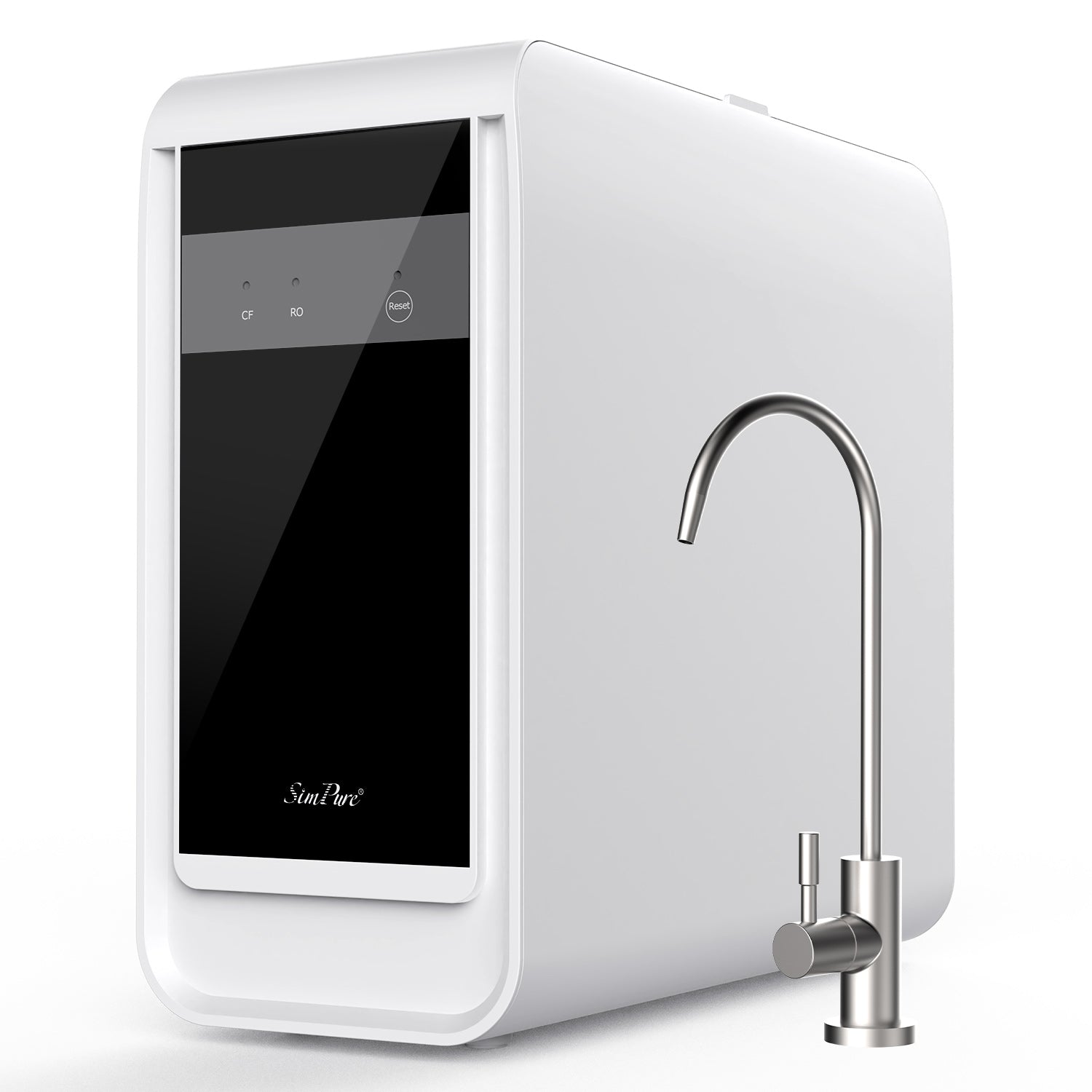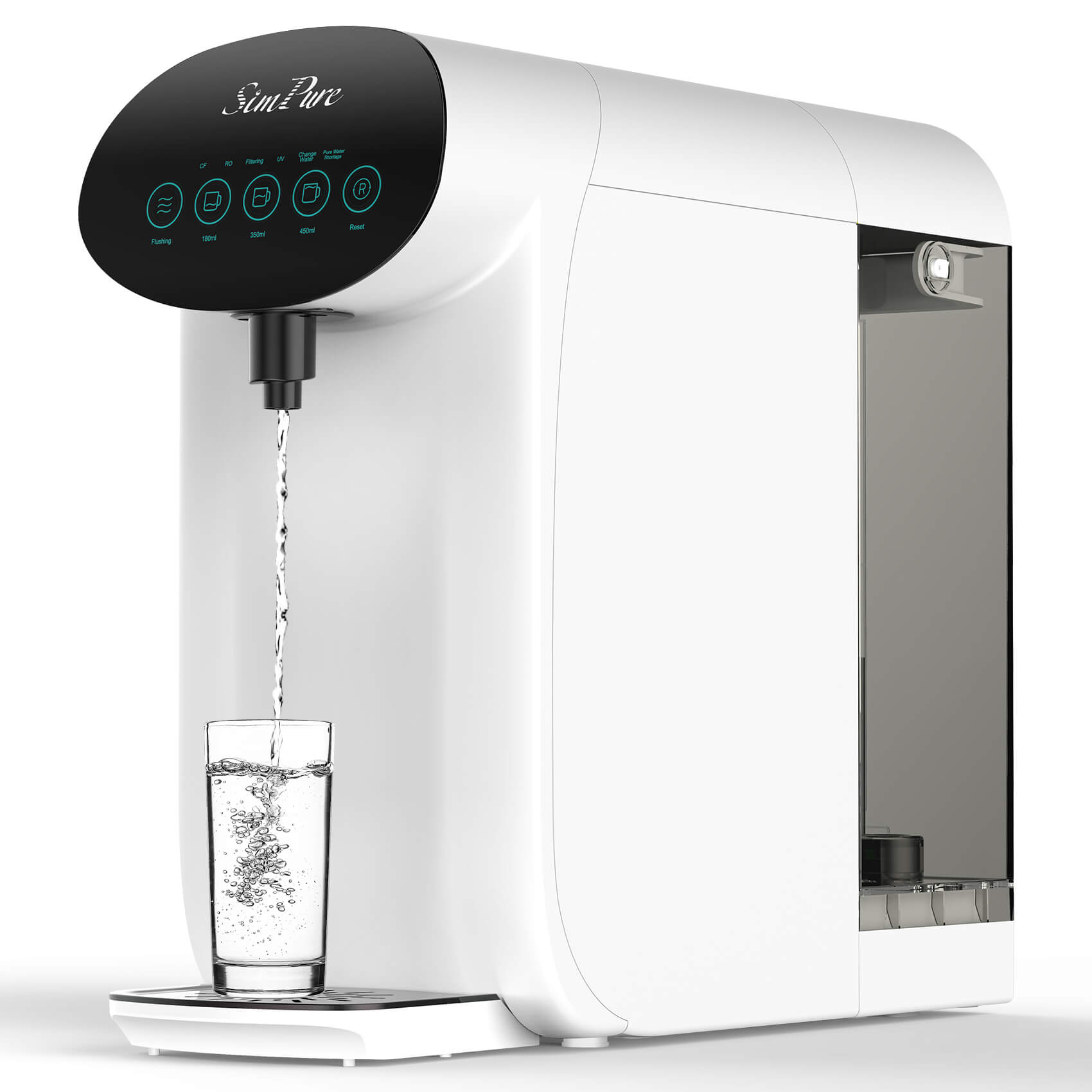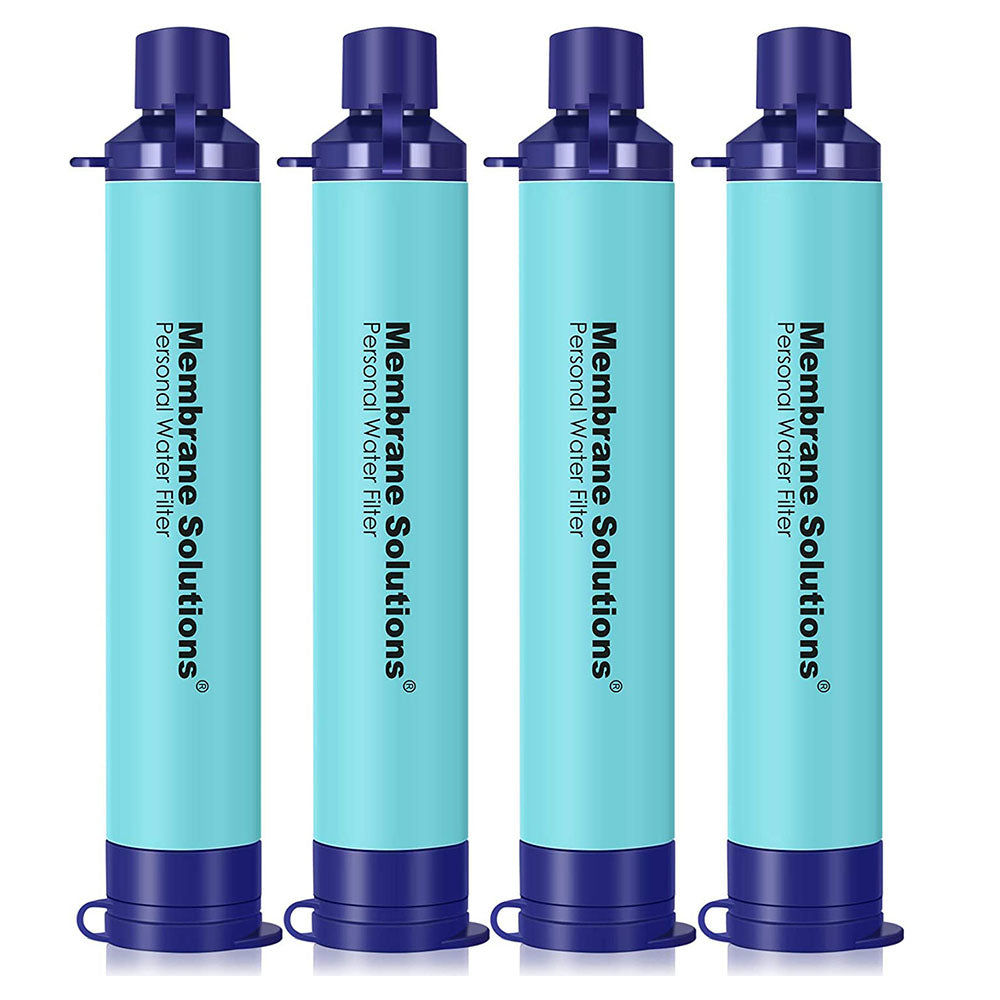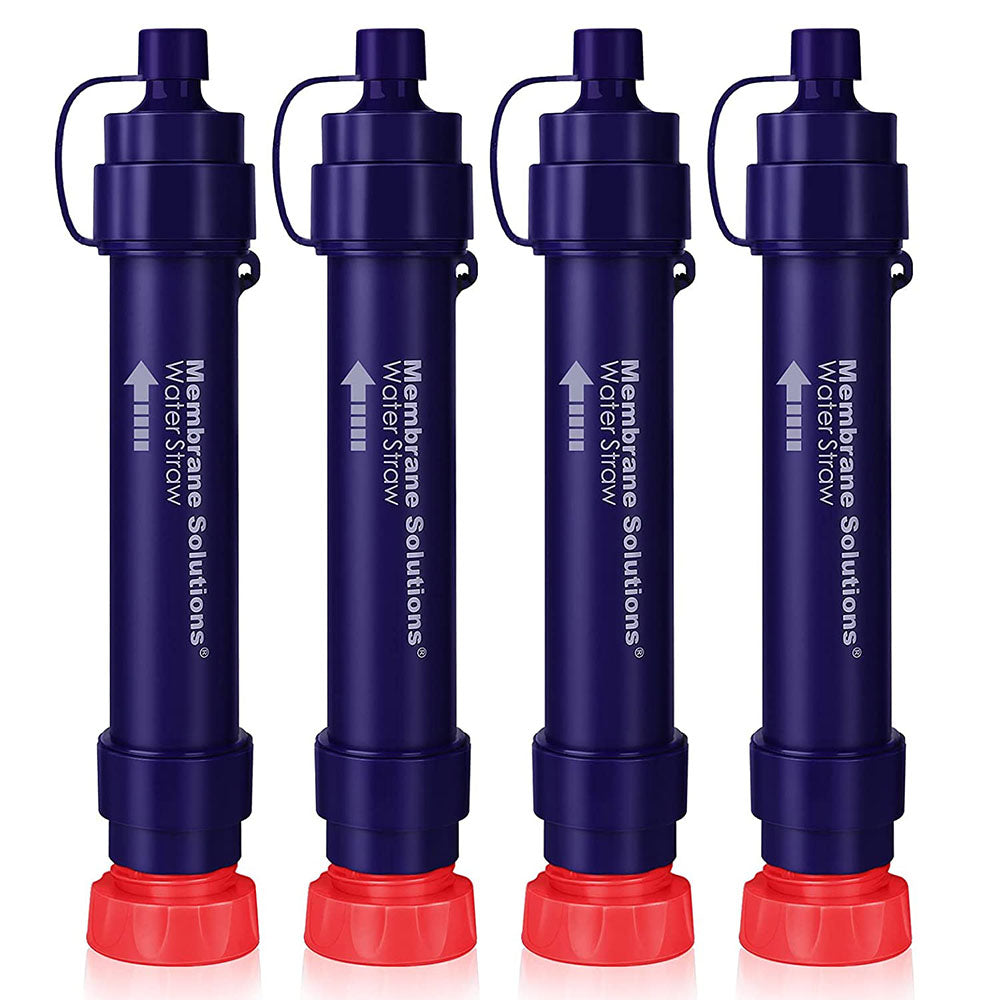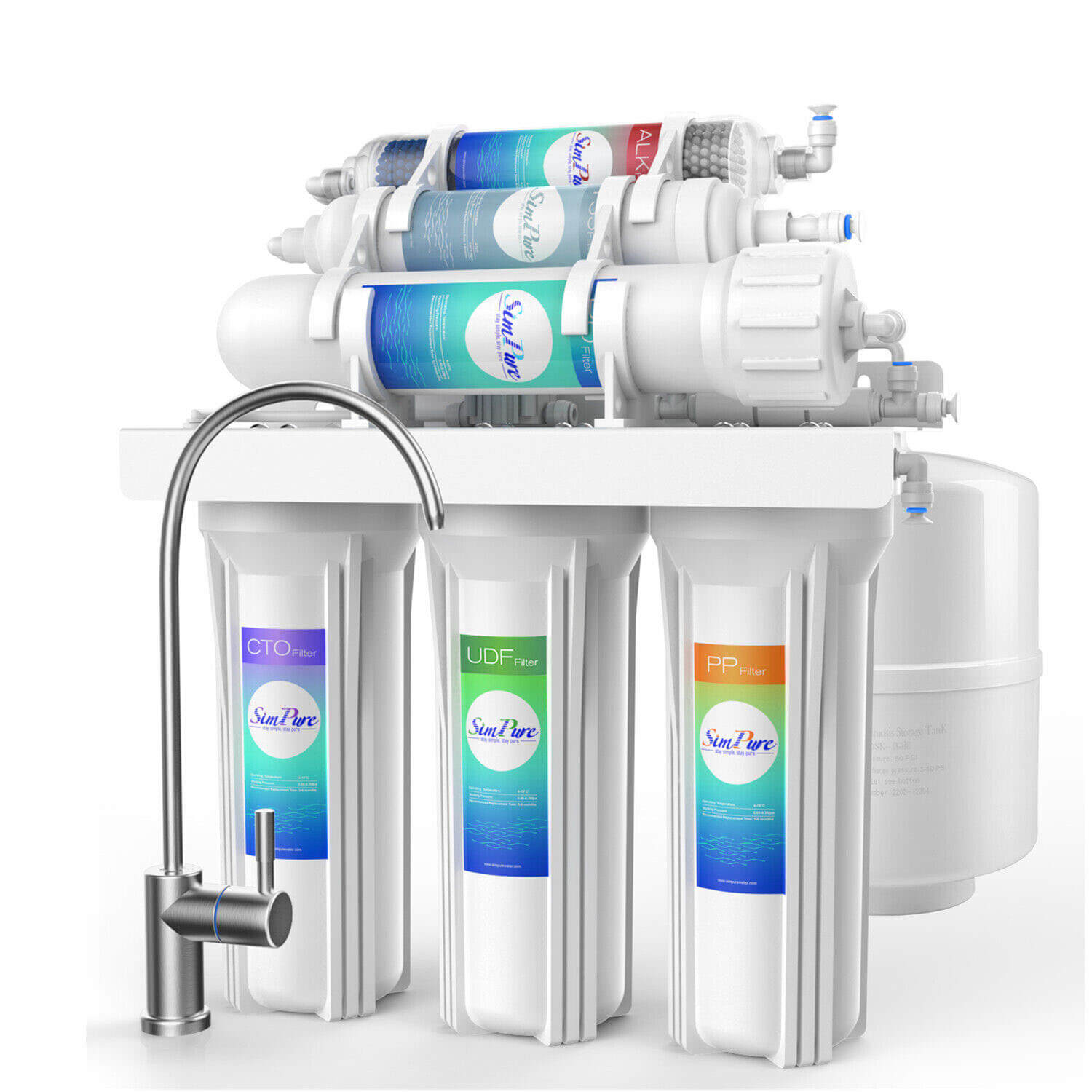We all share the desire to have access to clean and safe drinking water, and one common way people achieve this is through water purifiers. Households that use water purifiers typically keep a supply of water filters, but a question that often gets overlooked is whether these unused filters expire. What happens when you use an expired water filter? Understanding the potential expiration of these filters is crucial for maintaining water purity and safeguarding our health. In this blog, we will address your questions and provide the necessary answers.
Table of Contents
Generally, Water Filters That Remain Unused Do Not Expire
Factors That Influence Unused Water Filter Expiration Time
How to Properly Store Water Filters?
Generally, Water Filters That Remain Unused Do Not Expire
Your unused water filters typically won't expire as long as they remain unexposed to moisture. When a water filter is not in use and sealed in its original packaging, it stays protected from moisture and contaminants, preserving its filtration performance. Therefore, it's important to check the packaging regularly and before use for any signs of damage. While unused water filters don't have an expiration date, we don't recommend stockpiling them excessively because natural degradation can occur over time, and filter manufacturers often introduce new and improved alternative filters.
Factors That Influence Unused Water Filter Expiration Time
The expiration date of an unused water filter is primarily influenced by storage conditions and packaging quality. Proper storage is crucial for maintaining the filter's effectiveness, as exposure to extreme temperatures, humidity, or direct sunlight can degrade its performance and shorten its useful life. Additionally, the quality of the packaging plays a role in the filter's shelf life. Well-sealed, airtight packaging can protect the filter from environmental elements and extend its longevity. Most importantly, you should opt for high-quality replacement water filters.
How to Properly Store Water Filters?
Properly storing water filters is crucial to maintaining their effectiveness and ensuring they remain suitable for use when needed. Firstly, it's essential to keep them in their original packaging to prevent exposure to moisture, dust, and pollutants. And you need to store them in a cool, dry place, away from direct sunlight and heat sources, as high temperatures can accelerate the breakdown of the filter material and impact its performance. Additionally, it's important to keep the filters away from chemicals and strong odors, such as cleaners and paints, as they can be absorbed by the filter and affect the taste and quality of the filtered water. If your water filter packaging includes an expiration date, be sure to pay attention to it as well.
Please Note: If you reside in an exceptionally humid environment, you might consider storing the filter in an airtight container or a resealable bag to provide extra protection against moisture.
Potential Risks of Using Expired Water Filters
If you store your unused water filter in a humid environment for a long time or fail to replace it in time when it's used, the water filter may expire. Using expired water filters can pose several potential risks to your health and the quality of the filtered water. When water filters are past their expiration date, they may no longer effectively remove contaminants, allowing harmful substances to remain in the water you consume. Additionally, expired filters might become breeding grounds for bacteria or mold, further compromising water safety. You can learn more about the dangers of an expired water filter on our blog: Sick from Expired Water Filter - 4 Dangers You Must Know.
How to Identify if Your Water Filter Has Expired?
1. You should always refer to the manufacturer's guidelines and recommendations for the specific water filter you're using. The packaging or owner's manual typically contains information about the filter's lifespan and when it should be replaced.
2. If you notice any changes in the taste, odor, or clarity of your filtered water, or experience a noticeable decrease in water flow, it may indicate that the filter is nearing its capacity. Inspecting the filter's appearance can also help identify this condition.
3. If you notice discoloration, visible debris, or signs of mold or bacterial growth, it's a clear sign that the filter is no longer functioning properly.
Keep in mind that using an expired water filter can lead to poor water quality and potential health risks due to the presence of untreated contaminants. Therefore, it's crucial to promptly replace your filter to ensure your drinking water remains clean and safe.
In conclusion, unused water filters generally do not expire as long as they remain unexposed to moisture and are stored properly in their original packaging. Properly storing water filters in a cool, dry place, away from direct sunlight and chemicals, is crucial to maintaining their effectiveness. And you should promptly replace water filters when they reach their expiration or recommended replacement date, because using expired water filters can pose potential health risks as they may no longer effectively remove contaminants and could become breeding grounds for harmful substances.




